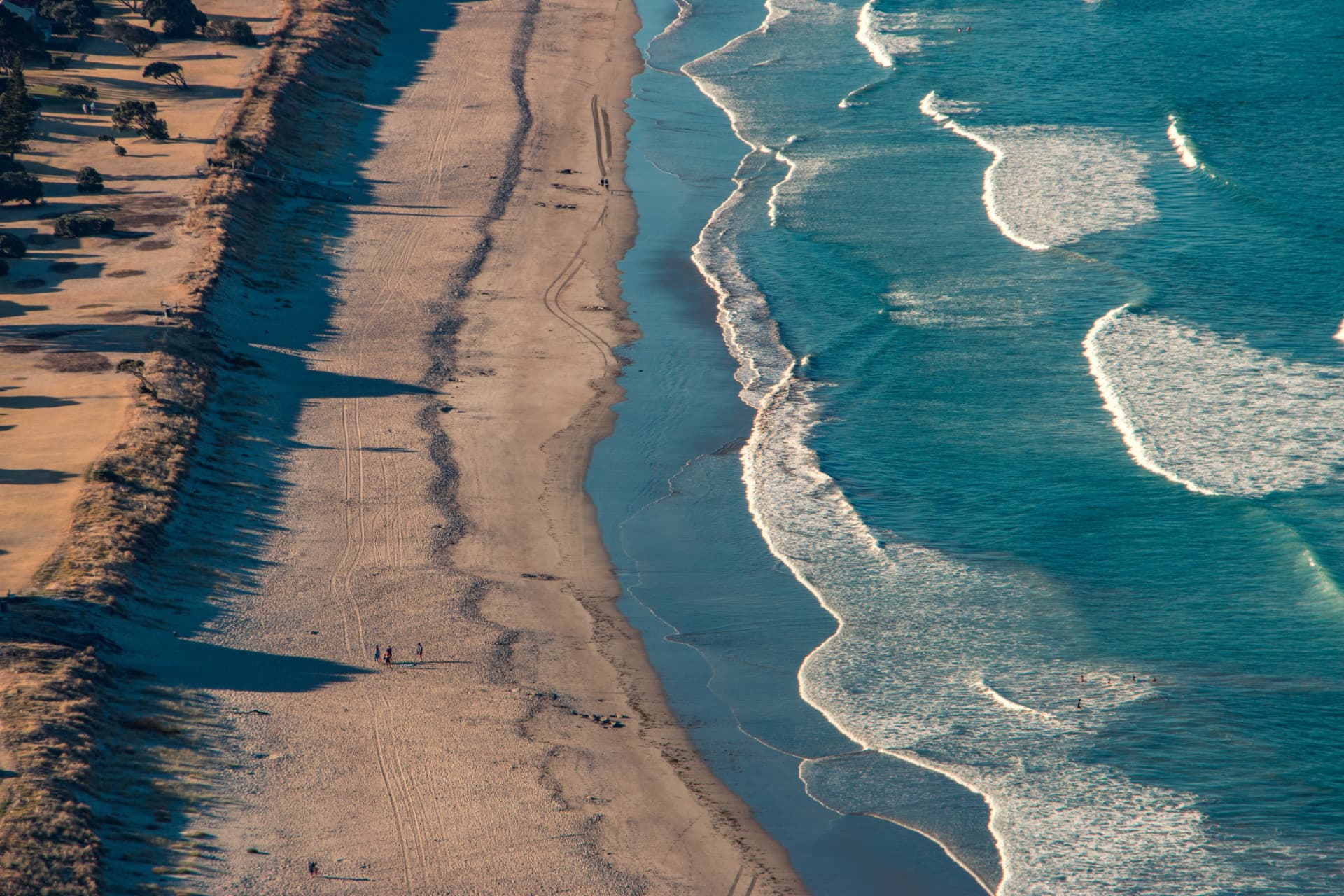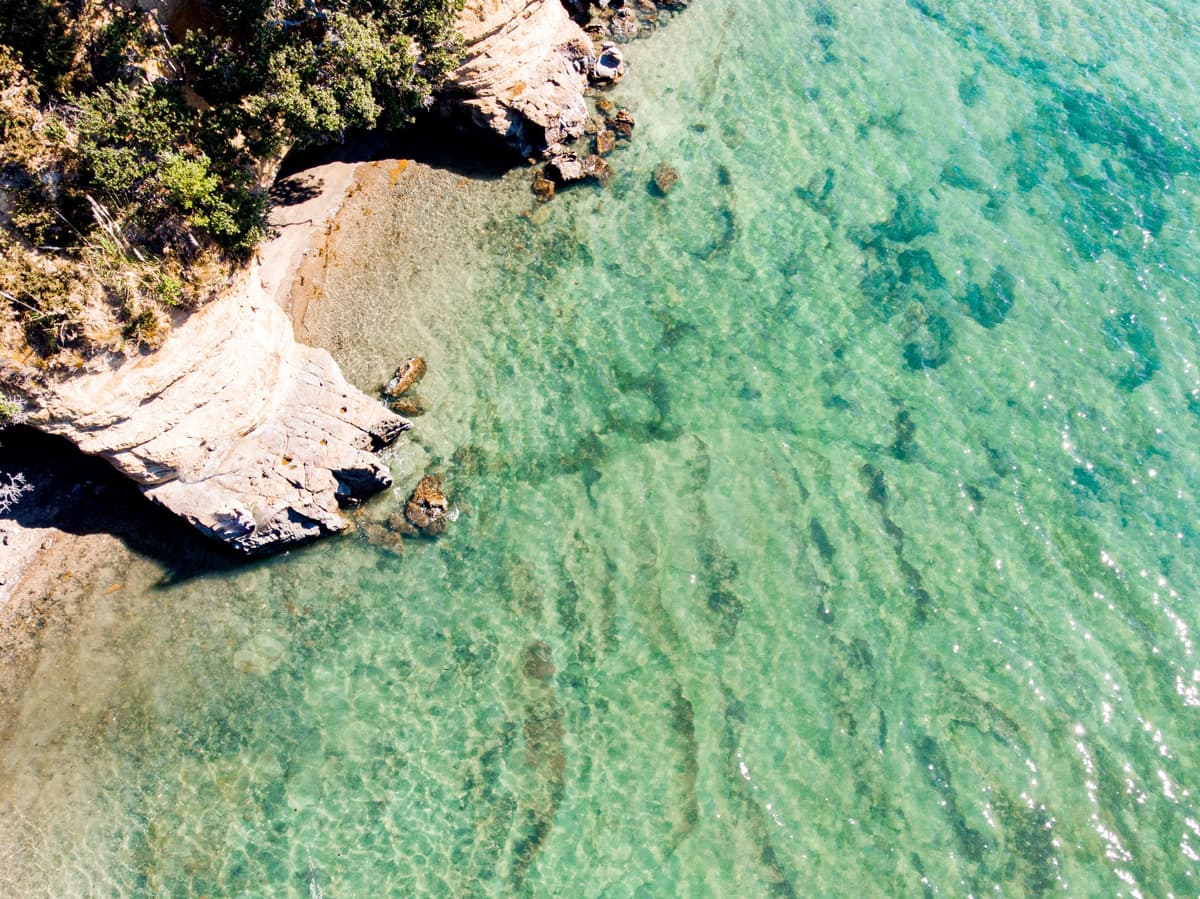

This report is a starting point in the development of knowledge, frameworks, and decision-support tools to enable restorative economies to emerge in marine and coastal spaces in Aotearoa, New Zealand. It is part of a broader area of research on Blue Economy within the Sustainable Seas National Science Challenge. Cortés Acosta S, Stancu C, Brown I, Bridger T (August 2021)
Although the notion and definition of restorative economies continue to evolve, these refer to the melding of environmental restoration and business activities. Restorative economies are practical models that foster new investments and business enterprises aiming to reverse environmental degradation and protect natural capital.
The purpose of this report is to take stock and contribute to the knowledge foundation for encouraging restorative economies in Aotearoa New Zealand.
The development of this report is based on:
We have studied several international and domestic restorative initiatives and identified common features, including:
A restorative economies assessment can be performed holistically by reviewing at least four attributes – social, cultural, environmental, and financial. Combining metrics with the results of an assessment is essential to identify and prioritise specific needs and opportunities for investment.
A series of barriers and opportunities were identified in the report, including:
Public and private investment involves multiple barriers (eg knowledge-gaps and uncertainty of implementation). Additionally, the infancy of environmental markets and blue carbon will be a challenge (eg the uncertainty of implementation and information gaps).
Regarding opportunities, we consider the current context internationally and in New Zealand, and the insights from the examples studied to identify motivations and demand for restoration and nature-based solutions (NbS) more broadly.
We discuss:
This report focuses on the concept of restorative economies as part of the blue economy agenda.
Further research is needed with a focus on practical ideas that contribute to the development of restorative economies by addressing key bottlenecks in knowledge, tools, and practices regarding financial and non-financial returns of ecosystem level solutions.
This includes measurement and verification methodologies and protocols in coastal and marine environments. This covers natural capital valuation and accounting, and biodiversity, climate and social outcomes that are needed for the development of investment opportunities for revenue-generating and market-based solutions in Aotearoa New Zealand’s context.
It also requires identification and testing of attributes and metrics that underpin the value proposition of restorative economies and options to manage all capitals (natural and built) in support of human well-being and development.
Research and prototyping of options to foster the use of biodiversity and ecosystem-related data using digital platforms – in relation to environmental markets (carbon, nutrient and biodiversity credits) or traditional products and services (aquaculture, fisheries, energy, etc), would also help progress the knowledge and solutions for restorative economies.
